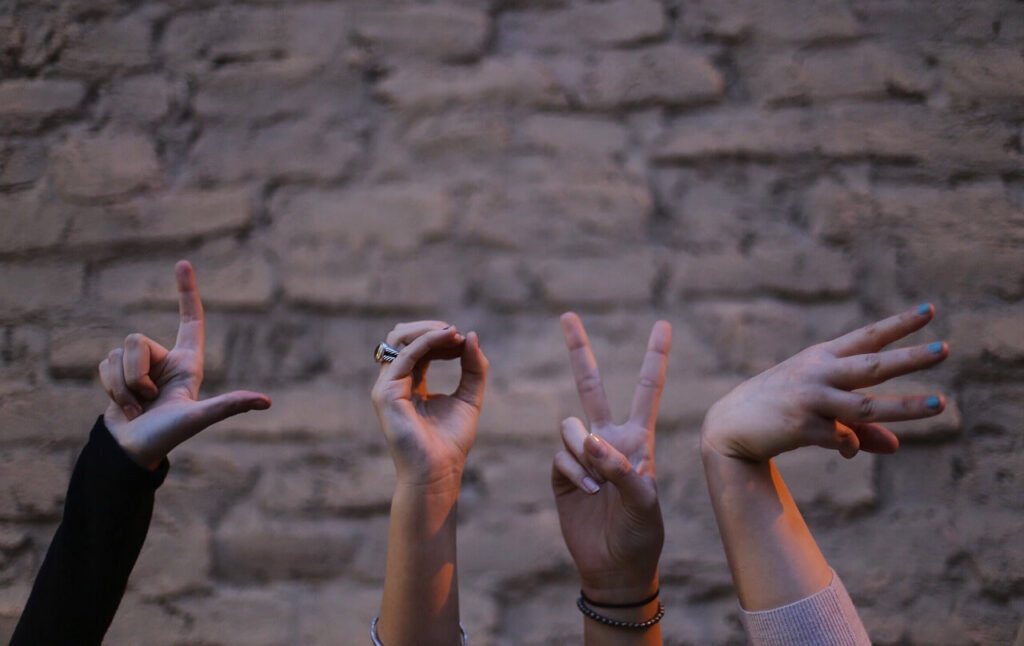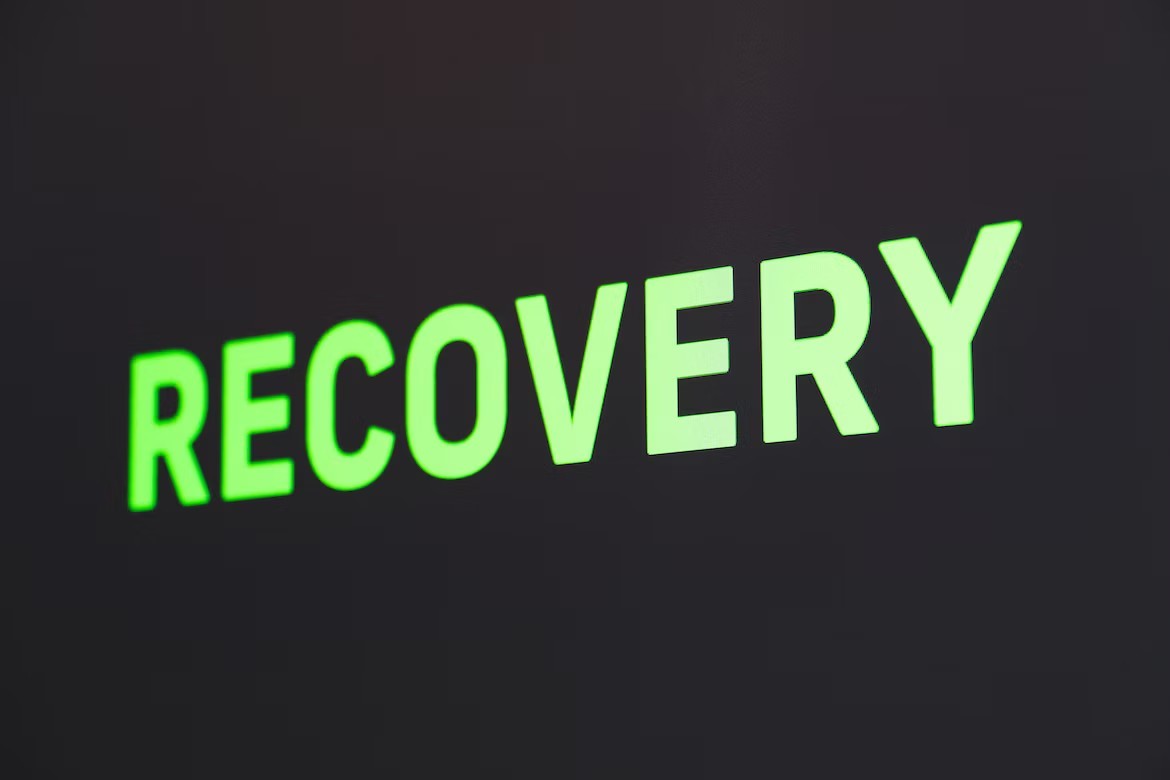The Benefits Of Sponsorship In The 12 Step Fellowship

The process of getting back on your feet after an illness or trauma can feel overwhelming at first. The 12-Step Fellowship offers a guiding light, a supportive community, and an unrivaled network of people who can help you along the way. The concept of sponsorship is central to this fellowship and is often overlooked despite its importance. Let’s take a look at two less well-known functions of sponsorship: encouraging responsibility and building fortitude.
A person with longer-term sobriety (the sponsor) mentors someone just starting out in recovery (the sponsee) in a special one-on-one relationship called sponsorship. Because of their shared experiences, the sponsor is able to provide more than simply words of encouragement and support. The accountability that is fostered as a result of this connection is one of its less obvious benefits.
Responsibility is essential to the healing process. Someone who understands your story, who can check in, who can relate to your struggles, and who can keep you committed to your recovery goals is what a “sponsor” is. Having someone else to blame for your sobriety’s failure can give you the drive you need to keep going.
A sponsor, though, is more than just a partner in keeping you accountable. Having a sponsor in the 12-step fellowship is another way to build fortitude. The road to recovery isn’t easy to travel. There will be times when you question your decisions, are tempted, and feel emotionally unstable. In times like these, the support of your sponsor is invaluable.
Sponsors, by virtue of their own life experiences, can attest to the power of perseverance. They demonstrate that setbacks are inevitable on any trip, but that you can pick yourself up and carry on despite them. Your sponsor can help you develop the mental and emotional fortitude to overcome obstacles and maintain your resolve in the face of temptation.
FAQs
Sponsorship—how does it help with accountability when becoming sober?
A sponsor is someone who has been through the same process as you and can provide support and encouragement as you work toward your sobriety goals. Having someone else to answer to fortifies your own determination.
What can a sponsor do to encourage resilience?
Sponsors are examples of resiliency because of what they’ve been through. They provide tools for dealing with difficulties and inspiration for moving on, so fostering the development of psychological and emotional fortitude.
Where do I begin my search for a suitable sponsor?
Someone who has been sober for some time, who is a role model in the 12 steps, and with whom you can develop a mutually respectful and trusted relationship is ideal for a sponsor.
Can a sponsor serve as an alternative to formal counseling?
Sponsors are a great help, but they are no substitute for expert counseling. They are meant to supplement your existing rehabilitation resources, which should ideally include expert assistance.
Is there a positive role for sponsorship in South Africa?
Absolutely. Sponsorship, as a worldwide phenomenon, is equally as significant in South Africa. It encourages personal responsibility and tenacity, two traits essential to successful rehabilitation processes in any setting.
As you delve deeper into your recovery journey, it’s important to stay abreast of the latest developments within the framework of the 12 Step Fellowship, particularly in regards to sponsorship. Recognising that recovery evolves with time, the Fellowship continues to adapt to better serve its members.
One of the more recent developments is the integration of technology in sponsorship. While traditionally, sponsors and sponsees interacted face-to-face or via phone calls, digital platforms are now providing new avenues for these interactions. Apps and online forums have been developed that allow you to connect with your sponsor or sponsee regardless of physical distance. This technological leap has made the process more accessible, ensuring that no matter where you are, your sponsor can provide support.
Another development within the realm of sponsorship is the increased recognition of diversity and its importance. Sponsorship has traditionally been limited to same-sex pairings, which is still often recommended. However, acknowledging the needs of the LGBTQ+ community, diverse sponsor-sponsee relationships are becoming more commonplace. This inclusivity means you can find a sponsor who truly understands your experience, making your recovery journey more effective.
Training and education for sponsors have also come into focus. Being a sponsor requires more than personal experience with recovery; it requires empathy, understanding, and a certain skill set. Today, there’s a wealth of resources available for sponsors to learn better ways to support their sponsees. This means your sponsor is likely better equipped to guide you than ever before.
Moreover, while the essence of sponsorship remains personal connection, the Fellowship recognizes the potential for larger-scale impact. Group sponsorship initiatives, where an experienced sponsor guides a group of sponsees, are gaining traction. This provides you with additional perspectives and communal support, further strengthening your recovery journey.

The 12 Step Fellowship, including sponsorship, has had a profound impact on recovery journeys worldwide, and South Africa is no exception. Let’s consider a few practical examples that illustrate how sponsorship within this framework has aided individuals in overcoming addiction.
Firstly, consider the work of Narcotics Anonymous (NA) South Africa, which operates within the 12 Step framework. An NA member, whom we’ll call Thabo, shared his story of how he struggled with drug addiction for years, leading to social and legal consequences. It wasn’t until he found NA and a sponsor within the group that he truly began his recovery journey. His sponsor, having had a similar journey, guided Thabo through the 12 steps and was there for him during challenging moments, providing both practical advice and emotional support. Today, Thabo is multiple years clean and serves as a sponsor himself, extending the same guidance to others that he received.
Another example comes from Alcoholics Anonymous (AA) South Africa, where a member, whom we’ll refer to as Naledi, shared her experience. Alcohol addiction had cost Naledi her job, strained her familial relationships, and damaged her health. Upon joining AA, she found a sponsor who helped her navigate the 12 steps. Her sponsor supported her in uncovering the root causes of her addiction, making amends for past mistakes, and developing healthier coping mechanisms. Today, Naledi celebrates several years of sobriety, attributing much of her success to her sponsor’s guidance and the 12 Step Fellowship.
Lastly, let’s consider a group sponsorship example from a Pretoria-based recovery center that integrated the 12 Step program into their treatment approach. The center assigned a group of individuals in early recovery to a sponsor with long-term sobriety. The sponsor guided the group through the 12 steps, fostering a sense of camaraderie among the sponsees. They not only learned from their sponsor’s experiences but also from each other’s, broadening their perspectives on recovery.
These examples show that sponsorship within the 12 Step Fellowship is not just theoretical but is a practical, impactful, and effective tool in the journey of recovery, including here in South Africa. Whether through one-on-one or group sponsorship, this relationship offers guidance, accountability, and empathy, vital elements in overcoming addiction.




